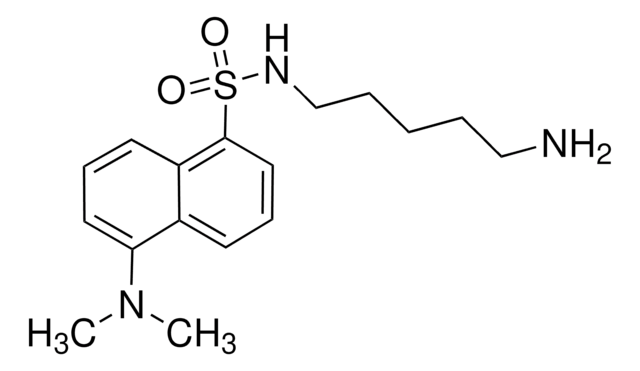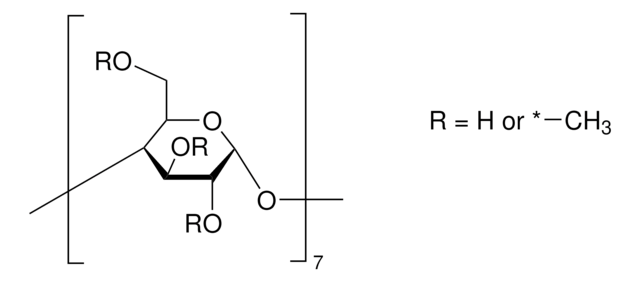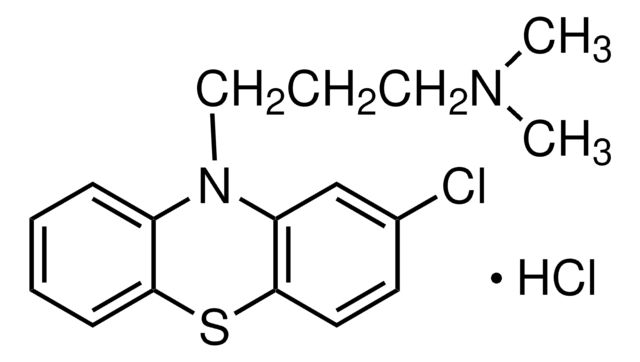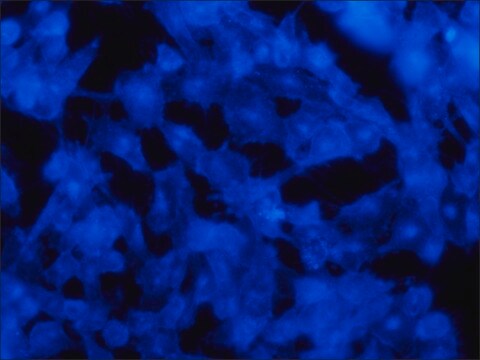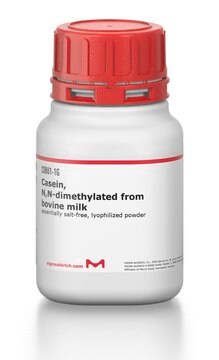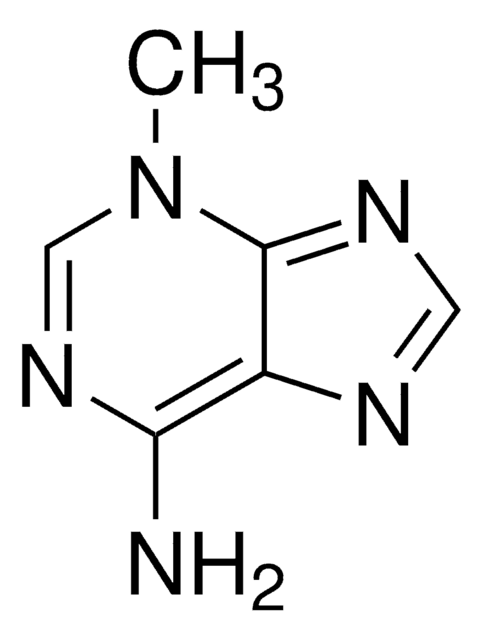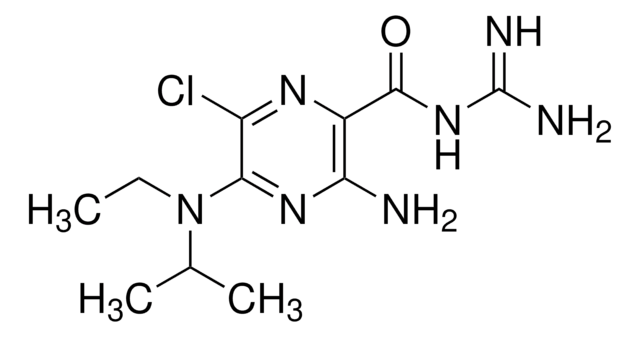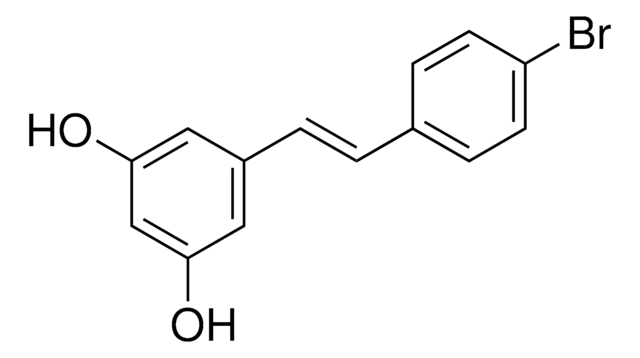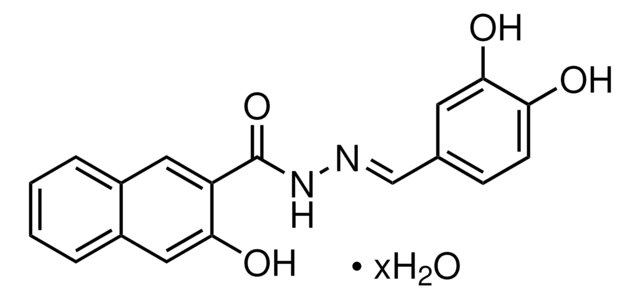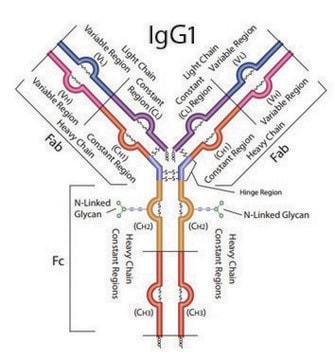D4008
Dansylcadaverine
≥97% (TLC)
Synonyme(s) :
N-(5-Aminopentyl)-5-dimethylaminonaphthalene-1-sulfonamide, N-(Dimethylaminonaphthalenesulfonyl)-1,5-pentanediamine, Monodansyl cadaverine
About This Item
Produits recommandés
Niveau de qualité
Pureté
≥97% (TLC)
Forme
powder
Température de stockage
−20°C
Chaîne SMILES
CN(C)c1cccc2c(cccc12)S(=O)(=O)NCCCCCN
InChI
1S/C17H25N3O2S/c1-20(2)16-10-6-9-15-14(16)8-7-11-17(15)23(21,22)19-13-5-3-4-12-18/h6-11,19H,3-5,12-13,18H2,1-2H3
Clé InChI
MLEBFEHOJICQQS-UHFFFAOYSA-N
Vous recherchez des produits similaires ? Visite Guide de comparaison des produits
Description générale
Application
- as an endocytosis inhibitor in human proximal tubular HK-2 cells,(62) mouse J774A.1 macrophages and human A549 epithelial cells(63)
- to label autophagic vacuoles in cardiomyocytes for fluorescence microscopy studies(64)
- in monodansylcadaverine (MDC) staining of fibroblasts in Ankylosing spondylitis (AS) samples(65)
Actions biochimiques/physiologiques
Conditionnement
Autres remarques
Mention d'avertissement
Warning
Mentions de danger
Conseils de prudence
Classification des risques
Eye Irrit. 2 - Skin Irrit. 2 - STOT SE 3
Organes cibles
Respiratory system
Code de la classe de stockage
11 - Combustible Solids
Classe de danger pour l'eau (WGK)
WGK 3
Point d'éclair (°F)
Not applicable
Point d'éclair (°C)
Not applicable
Équipement de protection individuelle
dust mask type N95 (US), Eyeshields, Gloves
Certificats d'analyse (COA)
Recherchez un Certificats d'analyse (COA) en saisissant le numéro de lot du produit. Les numéros de lot figurent sur l'étiquette du produit après les mots "Lot" ou "Batch".
Déjà en possession de ce produit ?
Retrouvez la documentation relative aux produits que vous avez récemment achetés dans la Bibliothèque de documents.
Les clients ont également consulté
Notre équipe de scientifiques dispose d'une expérience dans tous les secteurs de la recherche, notamment en sciences de la vie, science des matériaux, synthèse chimique, chromatographie, analyse et dans de nombreux autres domaines..
Contacter notre Service technique